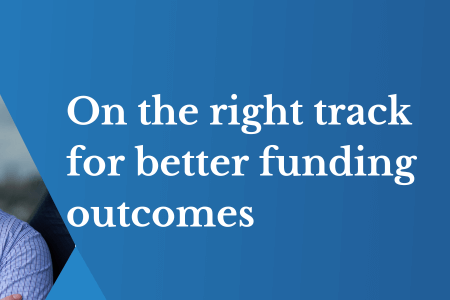Overseas perspective: what can we learn from other countries?
December 1, 2015 | Aged Care Management

Most countries are rarely alone in dealing with significant population issues, at least when it comes to generational problems like increased ageing.
Right now, Japan is having to manage the effects of an increasingly ageing population in their workforce, while China is struggling to sort out appropriate accommodations for older members of the country.
With this in mind, what can Australian aged care providers learn from the aged care sectors in other countries?
The United Kingdom
The United Kingdom is dealing with similar problems to Australia, as the population continues to grow older. This isn't the only issue, however, as the ageing population is also leading to a marked increase in people with multiple health conditions, according to Age UK.
"Many of these are preventable or manageable, but there are concerns that funding for health and care services is not keeping pace with the changes, and the system is not providing the right care at the right time in the right place for many older people," the body noted.
Interestingly, Age UK believes that over AU$4 billion has been cut from the sector in the last 10 years, and the number of people without adequate care has grown from 800,000 back in 2010 to well over a million this year.
What can we learn from this? Early action is the key to prevention, and this is a lesson that will need to be understood sooner rather than later.

China
In China, the country is having to deal with not just an ageing population and a rise in the number of facilities to meet demand, but also a lack of governance within the residential care sector. According to a paper named China's Rapidly Ageing Population Creates Policy Challenges In Shaping A Viable Long-Term Care System, institutional care is "booming with little regulatory oversight".
"Chinese policy makers face mounting challenges overseeing the rapidly growing residential care sector, given the tension arising from policy inducements to further institutional growth, a weak regulatory framework, and the lack of enforcement capacity," the authors of the paper explained.
Ageing is no small issue then, especially when considering the total size of the Chinese population, which the World Bank estimates at around 1.3 billion.
Shane Moran, in a thesis for the University of Western Sydney, noted that this could well be the most significant challenge ever faced by the eastern nation.
What's the lesson here? As the number of aged care facilities continues to climb in order to meet demand, effective governance will be crucial in ensuring a base level of care quality for members of the population.
Japan is now the fastest ageing country on Earth.
Japan
According to the Japanese government, and reported by the Wall Street Journal, as of October 2014, a massive 26 per cent of the population was over the age of 65. This makes Japan the fastest ageing country on Earth. It's expected that the proportion of elderly residents will hit 40 per cent by 2060.
Japan certainly faces the biggest challenge with regards to ageing, but there are benefits associated with the shift. As the paper, Japan: Super-Aging Society Preparing for the Future noted, there can be benefits to an ageing population.
"This earthquake revealed positive aspects of the Japanese society: older adults' wisdom and resilience for survival and coping, active social and labour participation at old ages, and strengths of social relationships," the paper explained.
What's the take away for Australia? Like the two examples above, preparation and effective governance are important, but it's important to also realise the benefits of a population that's growing older.
Our aged care sector is set for some truly significant change over the next few years, and it's only going to become important to start considering capable financial solutions and better processes for running facilities. Reach out to Mirus to learn more about new ways of effectively running aged care facilities.


